As financial pressures continue to mount in 2025, the buzz around the $3,200 stimulus payment is louder than ever—and for good reason. Whether you’re grappling with rising living costs or simply seeking some financial relief, this payment could provide a much-needed boost. But here’s the catch: not everyone qualifies automatically. The amount, eligibility, and how you claim it depend heavily on where you live and your income level.
Let’s break it all down, so you can make the most of this opportunity.
$3,200 Stimulus: Quick Overview
Unlike earlier federal stimulus payments, the 2025 version is a multi-source relief package. Some residents may see a full $3,200 from one program, while others may piece it together through state tax credits, refundable federal benefits, or programs like Alaska’s Permanent Fund Dividend (PFD).
| Key Detail | Information |
|---|---|
| Total Amount | $3,200 |
| Eligibility | Varies by state and income |
| Payment Timing | April 2025 (varies by program) |
| Application Method | Online or by mail |
| Tax Requirement | Most require 2023 or 2024 tax filings |
| Official Sources | IRS.gov, state revenue websites |
What Is the $3,200 Stimulus in 2025?
This isn’t a single check issued by the federal government. Instead, it’s a combination of federal and state-level initiatives:
- Alaska: Eligible residents may receive $3,200 through the 2025 PFD.
- Colorado: Families may qualify for up to $3,200 in refundable tax credits based on income and number of children.
- Other states: Offer one-time relief checks, earned income tax credits, or special rebates.
So while the dollar figure is the same, the source and format of the payment vary greatly depending on your state.
Why This Stimulus Exists
This year’s $3,200 payout isn’t just about offsetting inflation or paying back pandemic losses. It’s designed to:
- Help families afford basic needs (food, rent, gas)
- Promote economic resilience amid rising living costs
- Support local economies by encouraging consumer spending
Real-life examples show just how much impact this relief can have. For instance, Maria, a single mom in Colorado, received a $3,200 tax credit that allowed her to catch up on rent and afford childcare—giving her breathing room to focus on work and stability.
Who’s Eligible?
Each state sets its own rules, but some common eligibility factors include:
1. Income Limits
Programs tend to target low to moderate-income households. Here are general benchmarks:
| Filing Status | Income Limit |
|---|---|
| Individual | Under $75,000 |
| Married Filing Jointly | Under $150,000 |
These thresholds can vary slightly depending on the program and state.
2. State Residency
You must be a legal resident of the state issuing the payment. For example:
- Alaska requires full-time residency for the PFD.
- Other states require a filed state tax return and in-state address.
3. Dependents and Family Size
Larger households, especially those with children, often qualify for higher credit amounts under expanded tax credit programs.
4. Recent Tax Filings
Most states and federal programs rely on your 2023 or 2024 tax return to determine eligibility and payment amounts. Late or unfiled returns could mean missing out entirely.
How to Claim Your $3,200 Stimulus
Step-by-Step Guide
Step 1:
Go to your state’s tax website or IRS.gov to check program details.
Step 2:
Gather these documents:
- Social Security Number or ITIN
- Income verification (W-2s, 1099s, etc.)
- Proof of residency (utility bills, lease, ID)
- Dependents’ details (if applicable)
Step 3:
Choose how to apply:
- Online: Most states offer fast, user-friendly digital applications.
- By Mail: Paper forms are available, but must be postmarked by the state-specific deadline.
Step 4:
Track your payment:
- Federal returns: Use the “Where’s My Refund” tool on IRS.gov.
- State refunds/credits: Check your state’s revenue portal for updates.
Step 5:
If there’s a delay or error, contact your state tax office or the IRS immediately. The earlier you catch an issue, the better your chances of resolving it before the window closes.
When Will Payments Arrive?
Most programs aim to distribute payments in April 2025, although timing depends on the source:
| Program | Estimated Payout Date |
|---|---|
| Alaska PFD | Early April 2025 |
| State Tax Credits | Mid-April (after tax filing) |
| Federal Refunds | Within 21 days (if e-filed) |
| Paper Returns | Up to 6 weeks |
Direct deposit recipients will get their payments the fastest.
Avoid Missing Out: Know the Deadlines
Don’t assume this money will show up automatically. Here’s what you need to watch:
| Type | Deadline |
|---|---|
| Federal Taxes | April 15, 2025 |
| State Taxes | Varies by state |
| Stimulus Applications | Check state guidelines |
Missing these deadlines could cost you the entire $3,200—so apply early and track your paperwork closely.
The $3,200 stimulus isn’t just a headline—it’s a real chance to improve your financial situation. Whether you’re in Alaska claiming the PFD, in Colorado filing for tax credits, or anywhere in between, this payment could be a lifeline. But it’s not automatic. You need to stay informed, file on time, and follow your state’s rules carefully.
FAQs
Who qualifies for the $3,200 stimulus?
Eligibility depends on income, residency, and tax filings. Most programs target low-to-moderate income individuals and families.
Is this money from the federal government?
Partially. Some is federal (via tax credits), while other parts come from state-specific programs.
How do I apply?
Through your state’s tax website or IRS.gov, usually by filing your tax return.
When will I get paid?
Most payments arrive in April 2025, but exact dates depend on program and filing method.
What if I haven’t filed taxes yet?
File ASAP. Delayed tax filings could mean delayed or denied stimulus payments.

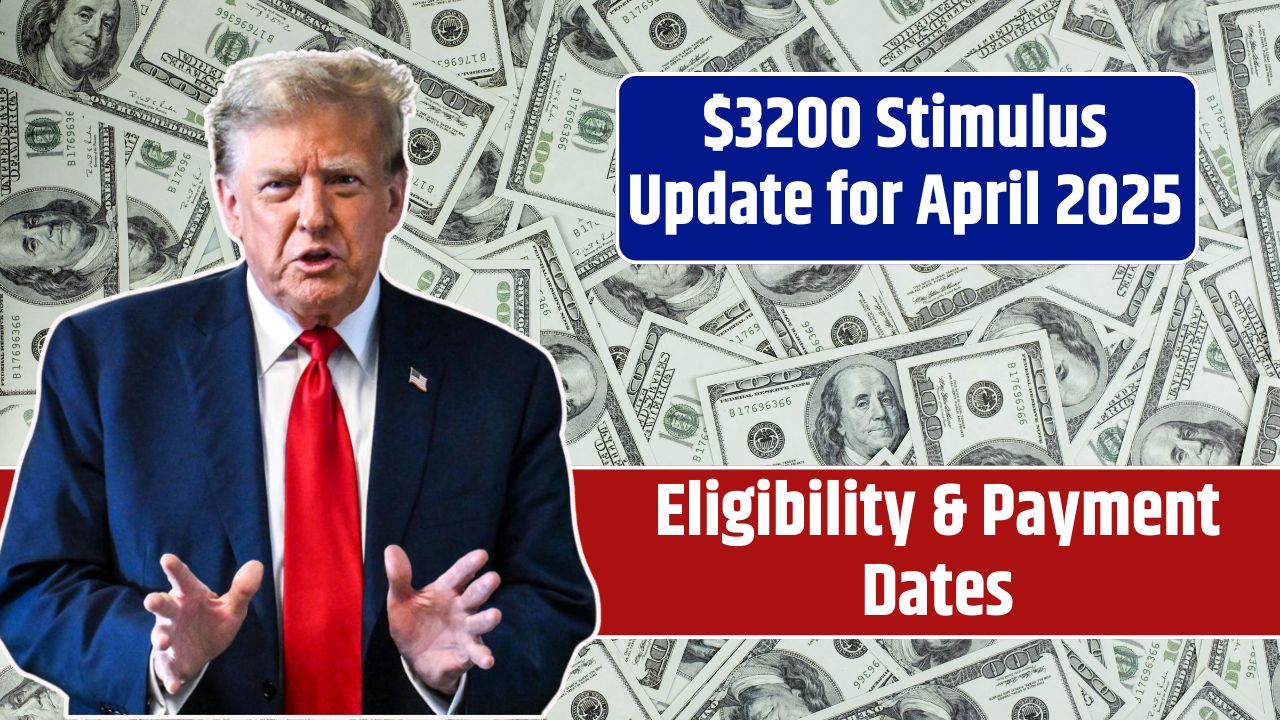



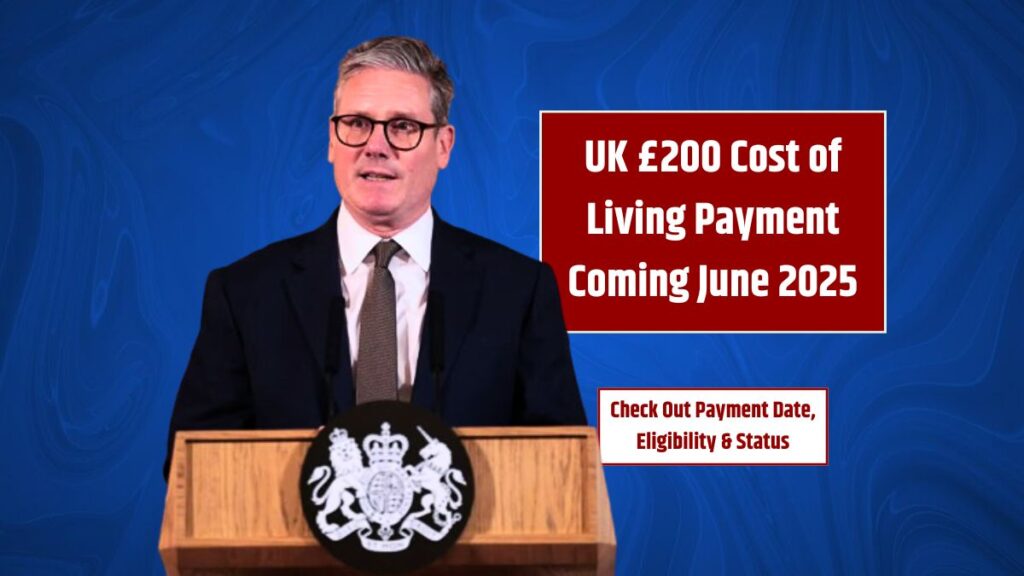
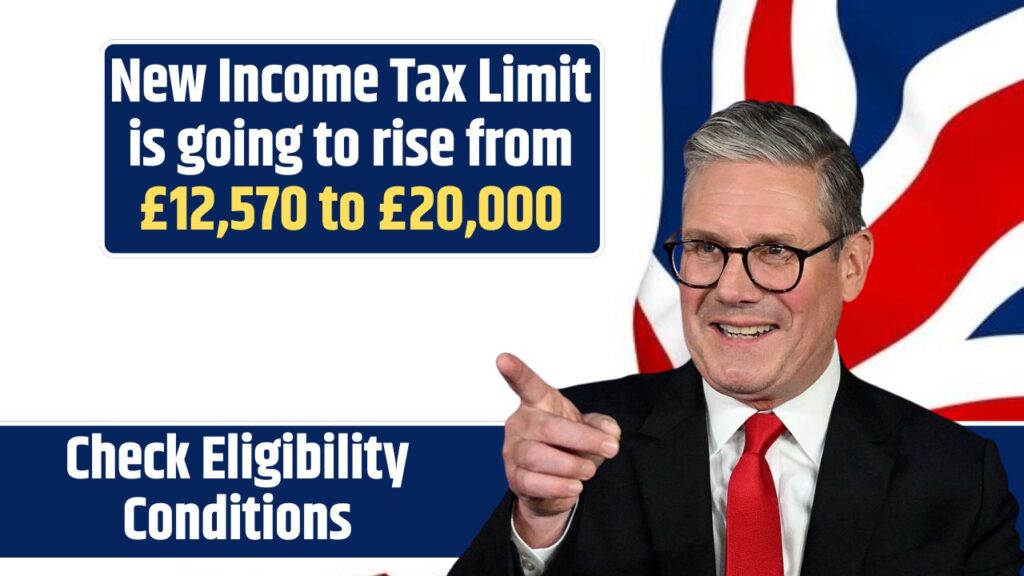
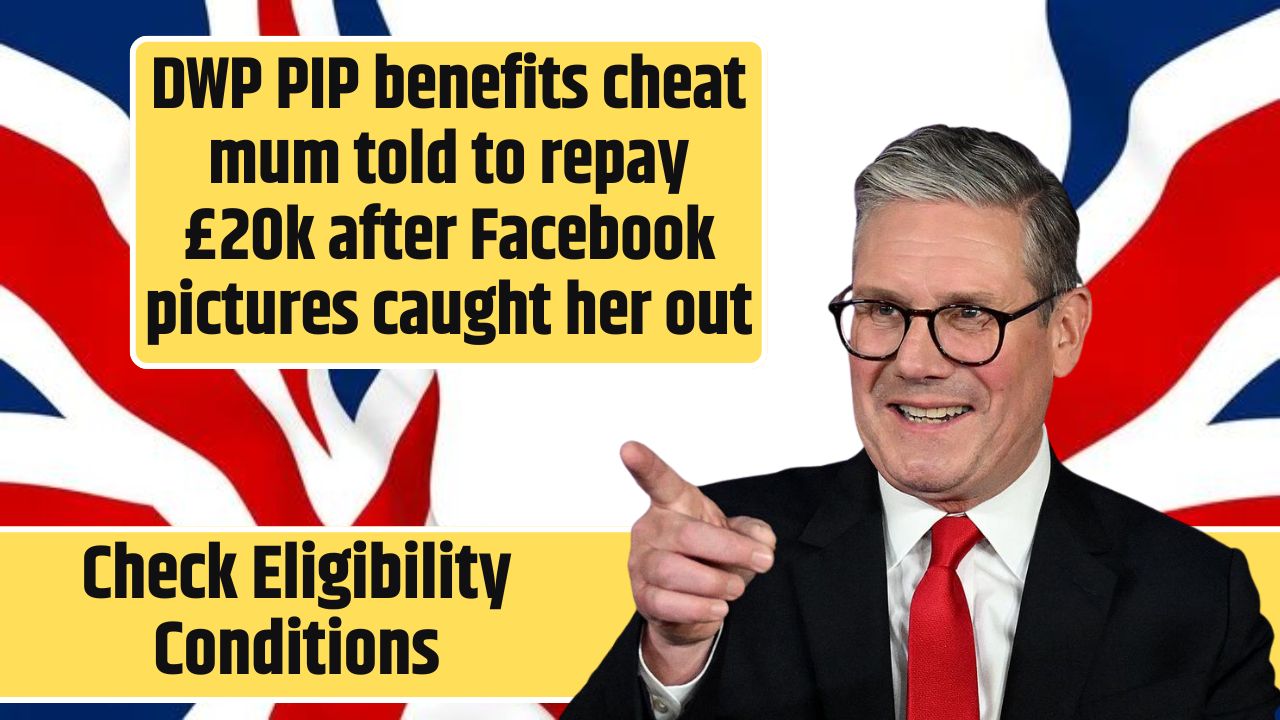
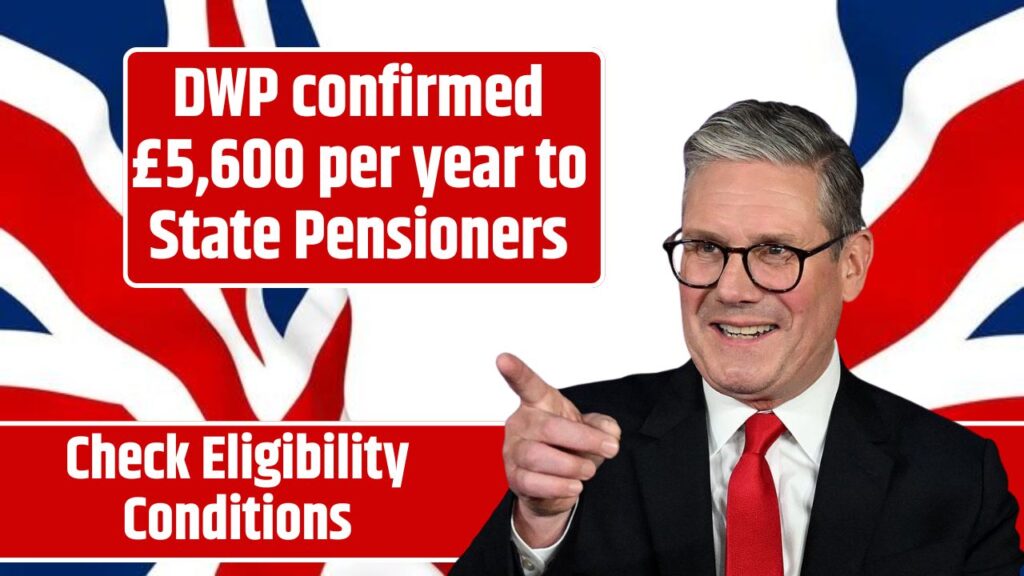
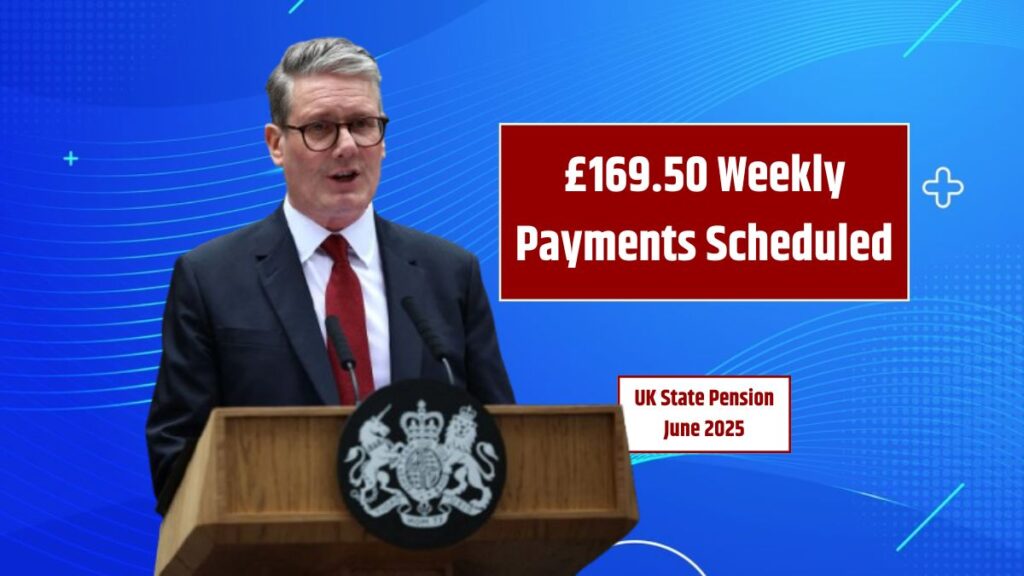












This vermont going get the,stimulus check too